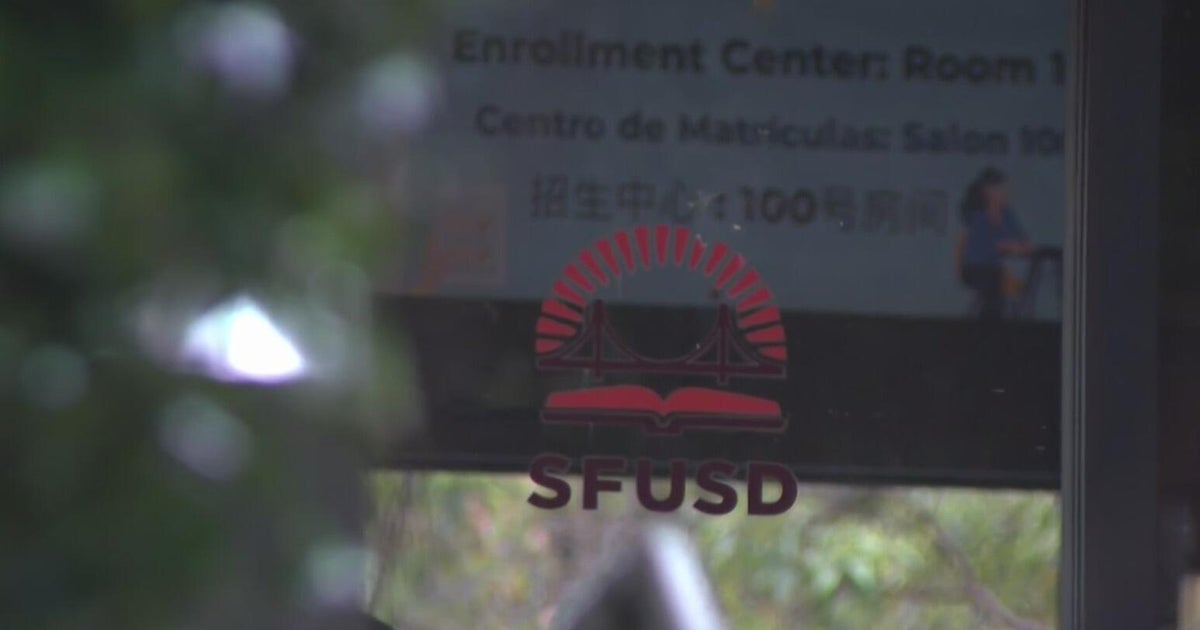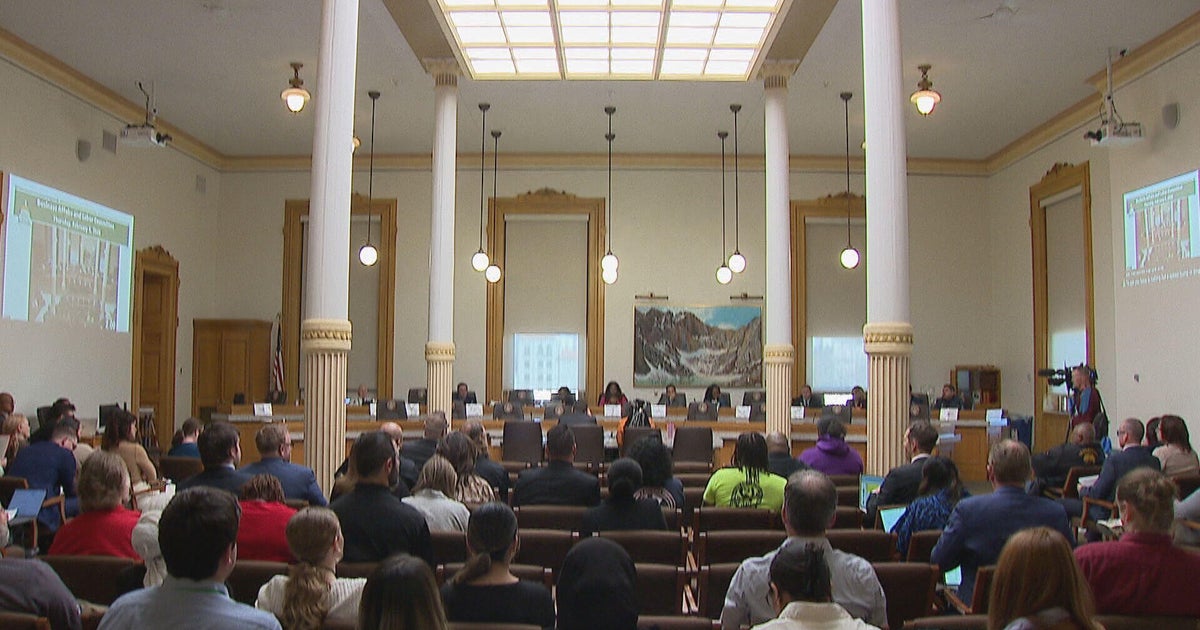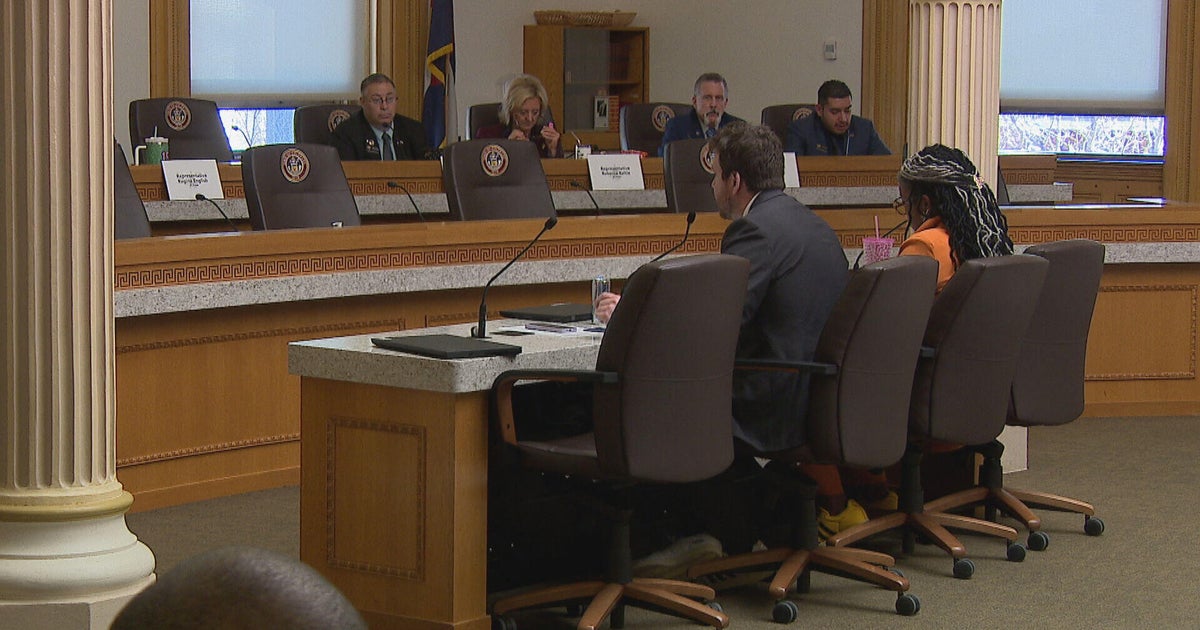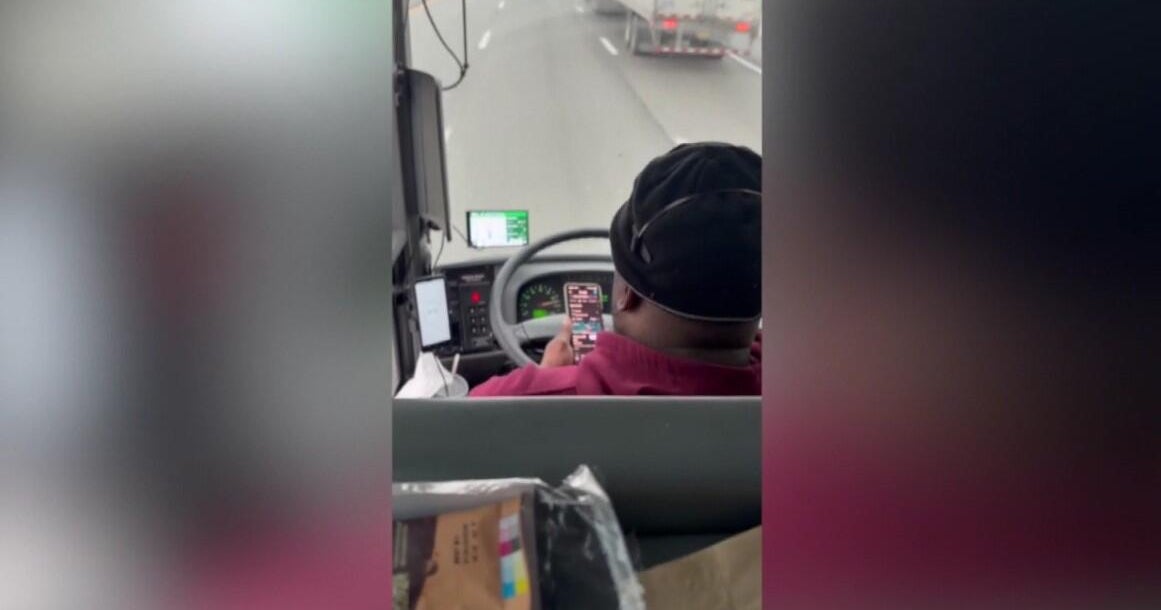Ford chair bashes UAW for escalating strike, says Ford is not the enemy — Toyota, Honda and Tesla are
The executive chairman of Ford is urging the United Auto Workers to end its strike against the company his great grandfather Henry Ford started in 1903, arguing that America's future is tied to the success of the iconic car brand.
In his first public statement since the union strike began last month, Bill Ford on Monday said some UAW members are his long-time friends. But he also criticized the union, saying its leaders have tried to paint the Michigan automaker as the enemy.
"This should not be Ford versus the UAW," the executive chair said during a press conference in Dearborn, Michigan. "It should be Ford and the UAW versus Toyota, Honda and Tesla — and all the Chinese companies that want to enter our home market."
Ford's comments land as his company is engaged in protracted negotiations with the UAW over a new labor contract. The union is asking Detroit's Big Three automakers for wage increases, annual cost-of-living adjustments, pension benefits for all employees, greater job security, a faster path to full-time status for temporary workers and a four-day work week.
UAW President Shawn Fain has said talks are headed in the right direction but a full agreement has yet to be reached.
The strike entered its fifth week on Monday, as both sides remain at odds over key concessions. UAW leaders tapped more Ford employees to strike last Thursday with 8,700 walking out of a truck factory in Kentucky.
Four weeks of a UAW strike have already created $7.7 billion in industry losses, according to Michigan consulting firm Anderson Economic Group. That includes $3.45 billion in losses for the Big Three, the firm estimates.
Responding to Ford's comments, Fain on Monday said the chairman should "Call up Jim Farley, tell him to stop playing games and get a deal done." Farly is CEO of Ford Motors.
The union leader went on to say that employees at Honda, Tesla, Toyota, and others are not the enemy, they're future UAW members.
"It's not the UAW and Ford against foreign automakers. It's autoworkers everywhere against corporate greed," Fain said. "If Ford wants to be the all-American auto company, they can pay all-American wages and benefits.
Hackles raised over Kentucky strike
In line with past statements by top executives at all Big Three automakers, who have argued since before the strikes began that they have been engaged in "good faith" negotiations with the UAW, Ford blasted union leaders for targeting the automaker's Kentucky plant, despite record offers having been made.
"We've offered a record contract which would have made our UAW employees among the best paid manufacturing workers in the world," said Ford. "Despite this, the UAW leaders decided to escalate and strike our Kentucky truck plant last week."
Ford Motors, in response to the Kentucky strike, laid off an additional 550 employees across plants in Illinois, Michigan and Ohio. To date, about 2,480 Ford workers have been laid off as a result of the strike.
General Motors and Stellantis (the parent company of Chrysler, Dodge, Jeep and Ram) have also laid off workers across the U.S. due to the strike.
The strike at the truck plant that builds the Super Duty pickup, Lincoln Navigator and Ford Expedition large SUVs took the automaker by surprise, a particularly tough blow as the lineup represents the company's most lucrative products, generating $25 billion a year in revenue.
The UAW is no longer notifying the Big Three automakers before calling additional walkouts amid the labor group's ongoing strike, Fain said in a live webcast on Friday.
"We are prepared at any time to call on more locals to stand up and walk out," Fain said. "Going forward, we will be calling out plants when we need to, with little notice."
Call for restraint and unity
Ford Motor and the UAW must resolve contract negotiations because that's what's best for workers, the auto sector and the nation, Ford's chairman also said.
"I call on my great UAW colleagues — some of whom I've known for decades," he said, advising company negotiators to ignore the name-calling and accusatory rhetoric that often comes with hammering out a new labor agreement. "We need to come together to bring an end to this acrimonious round of talks." Ford said he has been involved in negotiating every UAW contract since 1982 and the key is to not take the heated discussions personally.
"When this ends, we have to all work together again and, not just work together, but become a family and continue on and we will," he said. "So that's why I think it's really important I keep urging restraint in terms of any kind of rhetoric, because it's not helpful."







